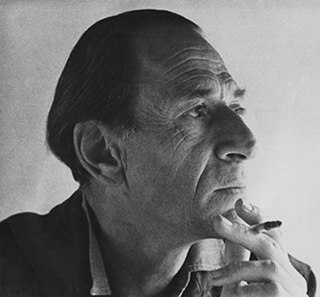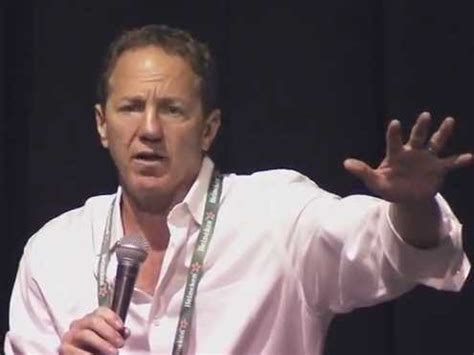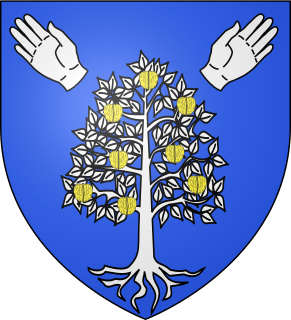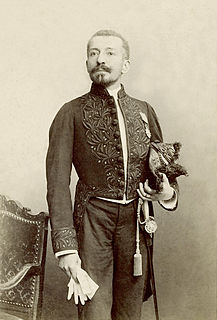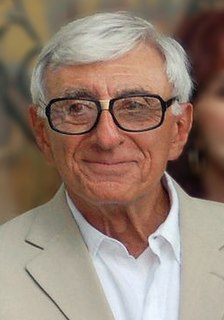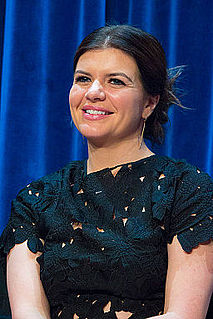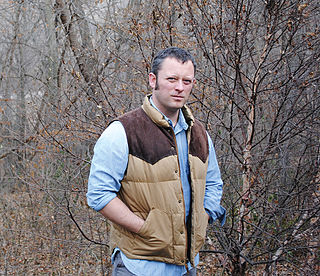A Quote by Nigel Dennis
I carry a notebook full of sketches of pictures I want to take - they are really scruffy sketches, but at least I am going out there with a clear objective.
Related Quotes
I believe in sketching because there is something very sensitive in sketching, you know, in sketches that you don't have out of a computer that looks the same like everybody even if, later on, the dresses are OK, but I like to sketch, and I like to see trails made after my sketches that look the same. It is you know, what I like.
I had PubLIZity, I had Oh, Hello, I had Bobby and Farley - all of these sketches that were really these duo sketches, but the relationship between them is really what catapulted them forward. A lot of that, I think, came from Wayne and Garth, these two similar guys - they're Midwestern metal guys - but in the end, they're quite different because there's an alpha and a beta. And I think that model became very present for me on Kroll Show.
I have a scenario but almost always it's entwined with at least one person to begin with. Then I sort of expand from there and I'm thinking about books novels. I've got these scrolls of paper that I hang up in my office and this is my idea room, my nightmare factory, and I have a big title at the top of the scroll and on the left hand side I have these character sketches on the characters, and then once I figure out who they are I can figure out what they want and once I figure out what they want I'm able to put obstacles in the way of that desire, and that's where plot springs from.
